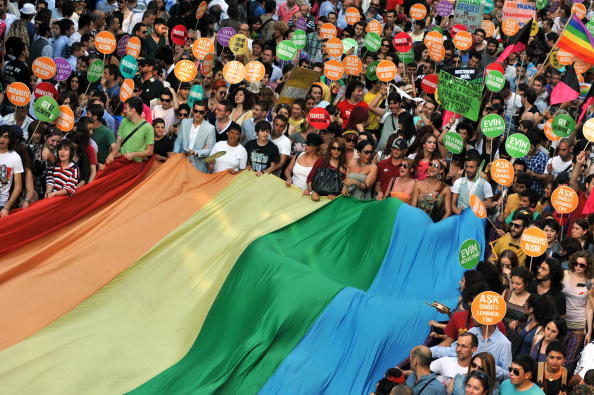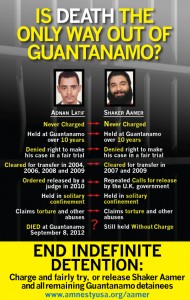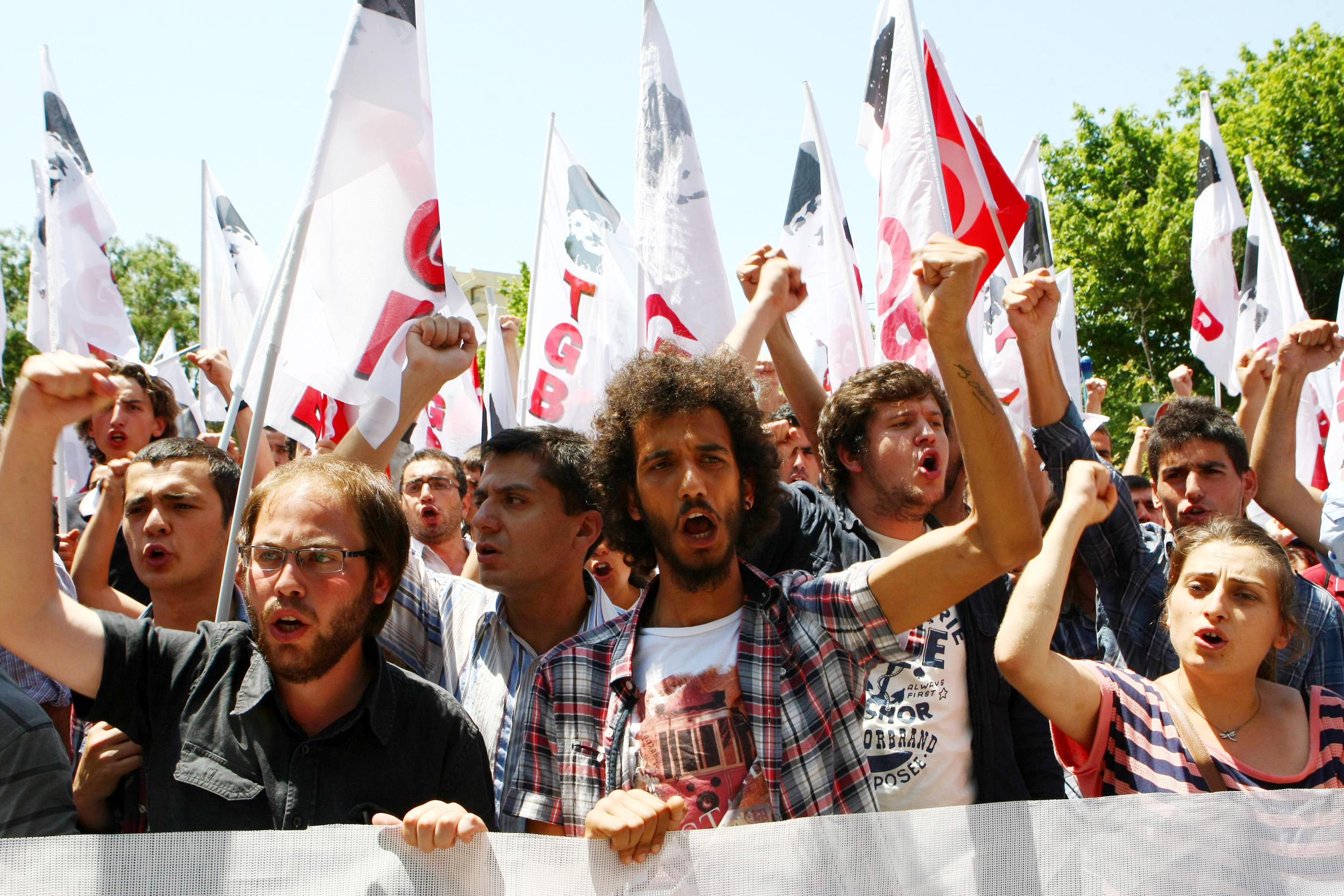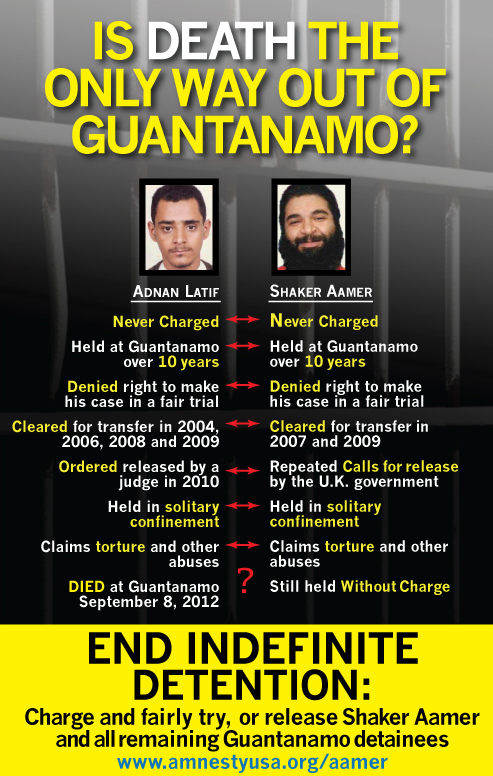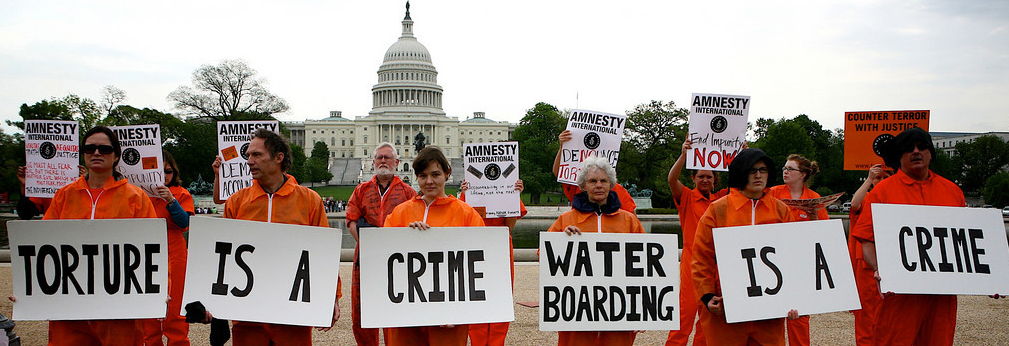
Still from Zero Dark Thirty.
After seeing the new film Zero Dark Thirty, I think there are three things everyone should know:
1) Zero Dark Thirty is not a documentary. The film’s screenwriter, Mark Boal, said: “It’s a movie. It’s not a documentary… My standard is not a journalistic standard of ‘Is this a word-for-word quote?’ I’m not asking to be held to that standard and I’m certainly not representing my film as that. The standard is more, ‘Is this more or less in the ballpark?'”
2) Torture did not help find Osama bin Laden. This is established by the public record and verified by people who have access to classified information. For example, yesterday, Senator John McCain (R-AZ), Senator Dianne Feinstein (D-CA) and Senator Carl Levin (D-MI) sent this letter to the head of Sony Entertainment with citations pointing out that torture and other abuses did not help find Osama bin Laden.
